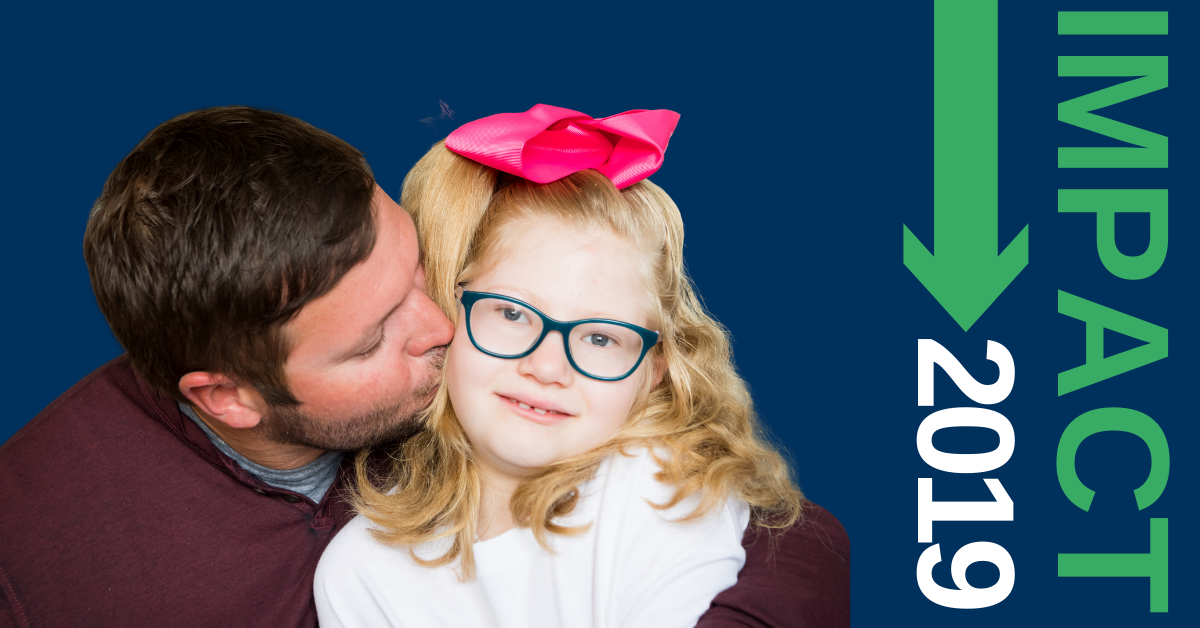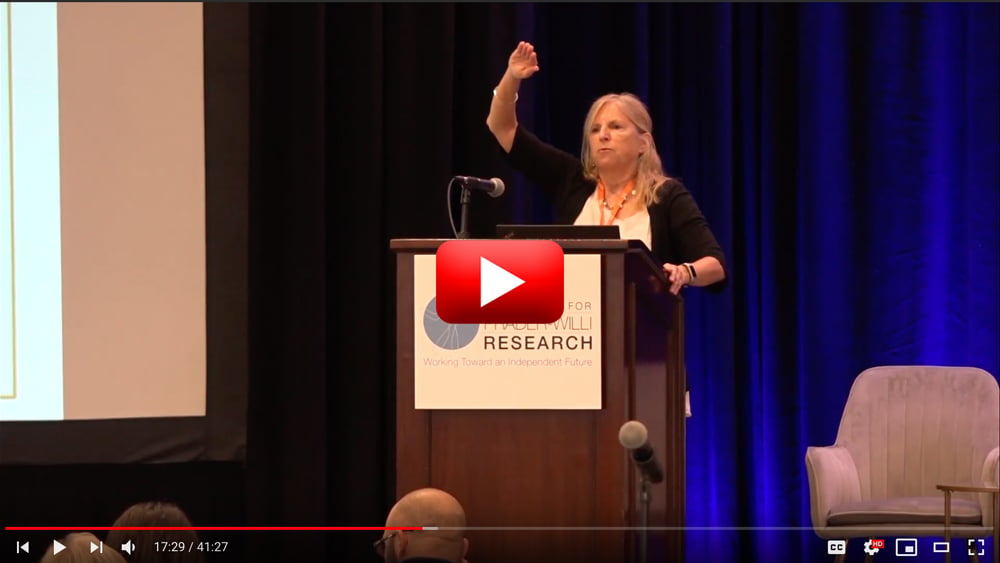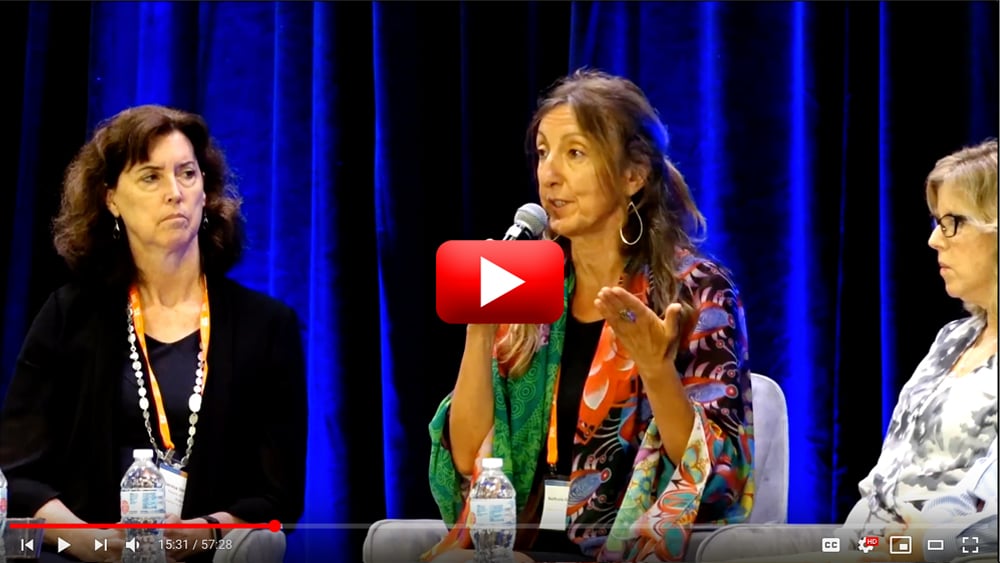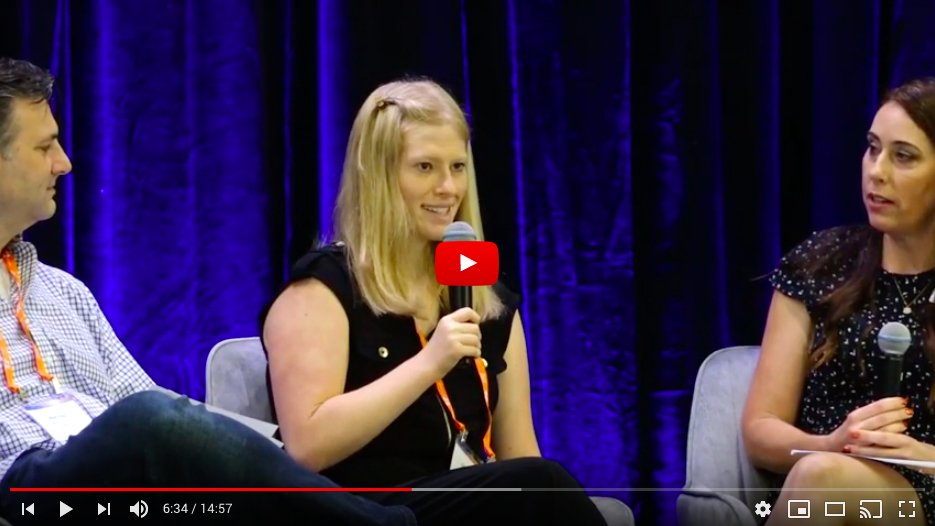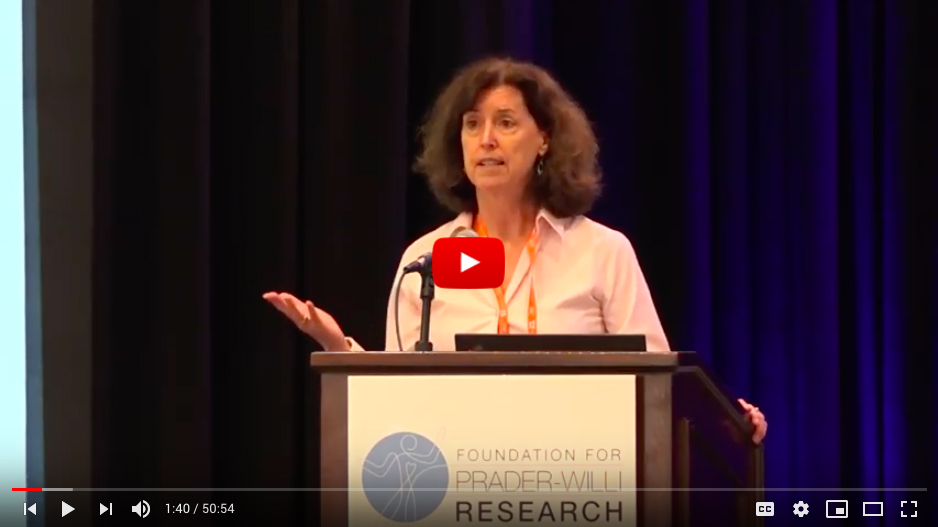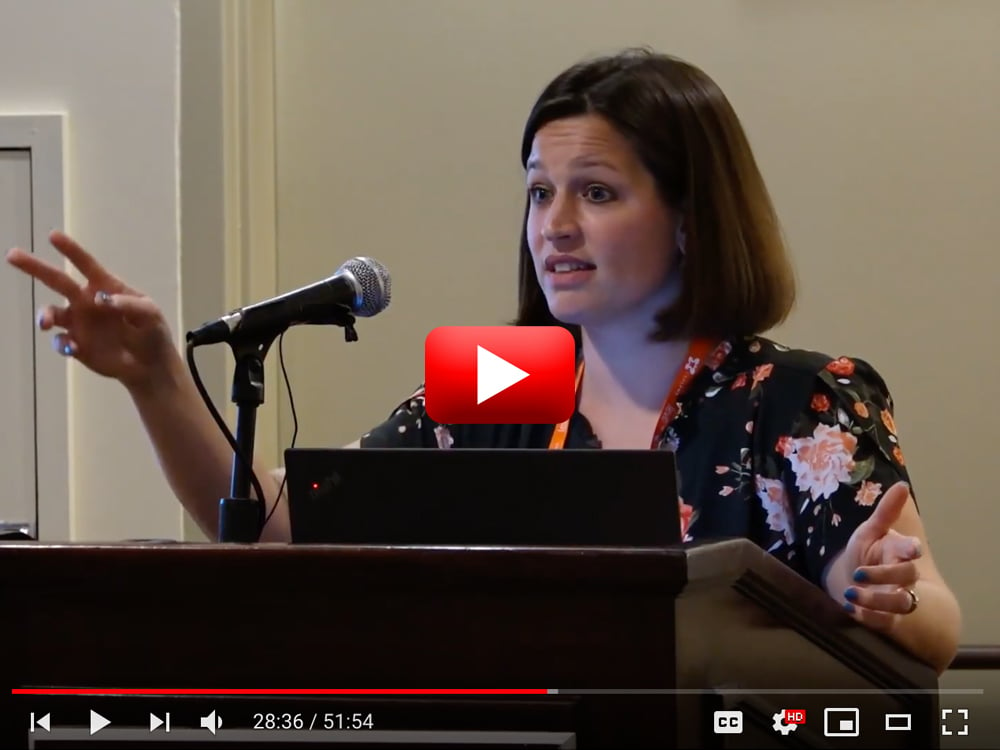Soleno Therapeutics has announced that it has completed their target enrollment for their ongoing Phase 3 trial of DCCR for the treatment of PWS. Approximately 100 people with PWS have enrolled in the study. Enrollment of patients was from 27 sites i...
In 2019, more than 11,000 donors supported PWS research and our mission to eliminate the challenges of PWS. We would like to thank all of our supporters: everything we do is made possible by you! Here are just a few of our accomplishments from this p...
Topics: Research
In this 41-minute video, Dr. Elisabeth Dykens presents on the results of stress and the importance of self-care when parenting a child with special needs. Dr. Dykens is Professor of Psychology and Human Development at Vanderbilt Unversity and has don...
Topics: Research
The Foundation for Prader-Willi Research is excited to announce the receipt of a financial award from the Moriah Foundation which will be used to support the development of a Mental Health Guidebook for Prader-Willi Syndrome (PWS). Mental health and ...
Topics: News
In this 57- minute video, FPWR Executive Director Susan Hedstrom moderates as the FPWR research team provides an update on PWS research, achievements to date, and what we are doing to develop treatments for our loved ones with PWS. This session inclu...
Topics: Research
Gillian Segall is an 18-year-old high school senior from Chicago, who loves to swim and take care of animals and also happens to have PWS. In this inspiring 15-minute interview, Gillian kicks off the 2019 FPWR Family Conference in New Orleans. Click ...
Topics: Research
In this 50-minute video, Theresa Strong and other FPWR research team members sum up the presentations given at the 2019 PWS Research Symposium. This overview provides a great synopsis of PWS research developments and work in progress, including PWS g...
Topics: Research
Levo Therapeutics has received a Fast Track designation from the FDA for intranasal carbetocin for the treatment of PWS. A Fast Track designation will expedite the review of carbetocin so that, if shown to be effective, the product will get to market...
Topics: News
In this 51-minute presentation, Dr. Katy Chambers helped participants understand the IEP (Individualized Education Plan) process and succeed in the IEP journey. Katy Chambers is a school principal of nine years and mom to Daniel (age 7), who lives wi...
Topics: Research





